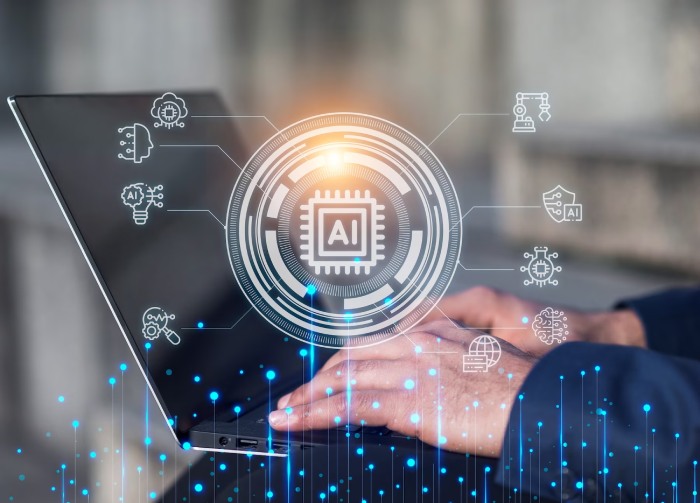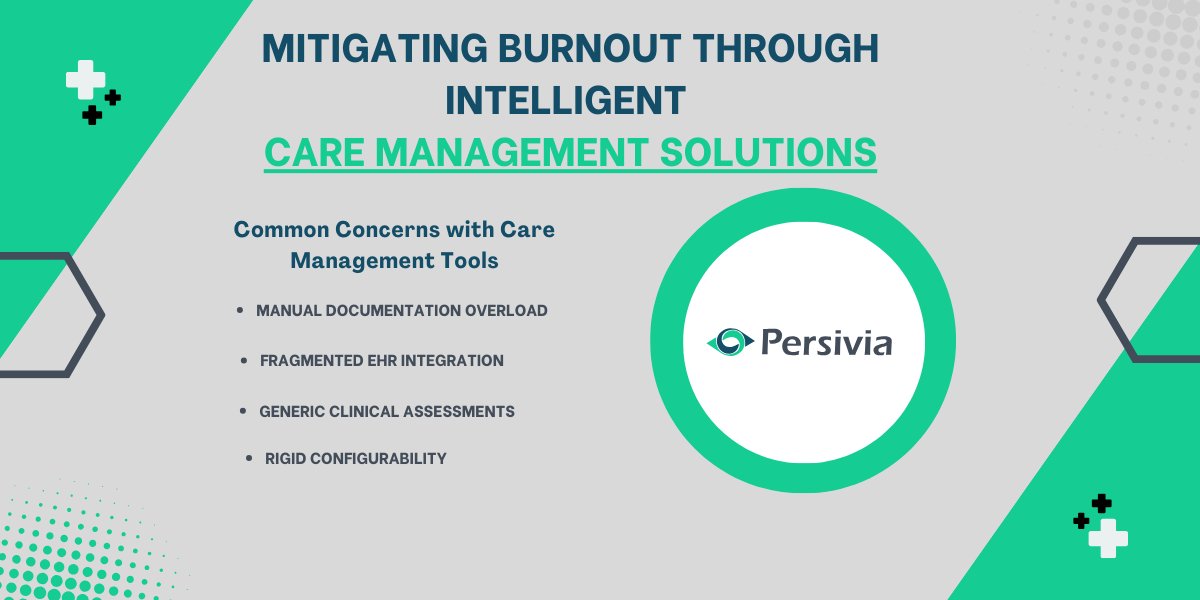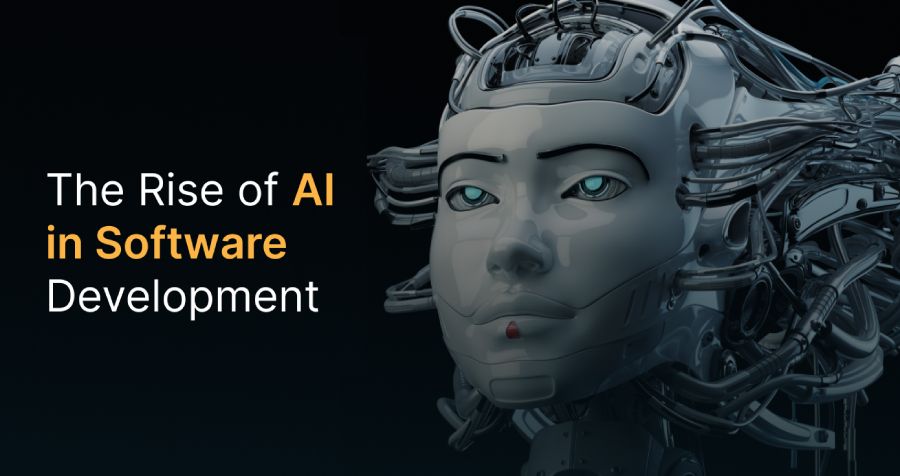
Navigating NetSuite Implementation with AI: A Strategic Approach
In today's dynamic business landscape, staying competitive requires efficient operations and agile and intelligent solutions. It is where NetSuite implementation comes into play, offering a comprehensive Enterprise Resource Planning (ERP) system to streamline and optimize various business processes. In this blog, we will explore the significance of NetSuite implementation for businesses and how artificial intelligence (AI) plays an increasingly pivotal role in this process.
Significance of NetSuite Implementation
NetSuite is more than just an ERP system; it's a transformative tool for organizations of all sizes. Its significance lies in its ability to integrate and manage core business functions such as financials, customer relationship management (CRM), e-commerce, inventory, and more, all within a single unified platform. This consolidation enhances operational efficiency and provides real-time insights into business performance, enabling data-driven decision-making.
The Role of AI in Streamlining Implementation
AI has emerged as a game-changer in the world of NetSuite implementation. With machine learning algorithms and data analytics, AI can automate routine tasks, accelerate data migration, and identify patterns and anomalies, leading to faster, more accurate implementation processes. AI-powered chatbots and virtual assistants can offer on-demand support and guidance, reducing implementation roadblocks and enhancing user experience.
Understanding the Challenges
Common Challenges in NetSuite Implementation
Like any enterprise-level software deployment, NetSuite implementation comes with its fair share of challenges and complexities. These challenges can range from technical hurdles to organizational and operational issues. Here are some common challenges:
Data Migration
Migrating existing data into NetSuite can be a daunting task. Only accurate or complete data migration can lead to errors, compliance issues, and operational inefficiencies.
Customization
Configuring NetSuite to meet specific business needs often requires complex customizations. Poorly executed customizations can lead to software instability and maintenance difficulties.
Change Management
Employees may be resistant to change, especially if they are accustomed to outdated systems or manual methods. Change management is critical to ensuring a seamless transition.
Integration
Integrating NetSuite with other software applications, such as CRM or e-commerce platforms, can be complex. Inconsistent integration can lead to data silos and hinder a unified view of the business.
Performance Optimization
Ensuring that NetSuite performs optimally, especially as data volumes grow, can be a persistent challenge. Slow system response times can disrupt daily operations.
The Role of AI in Addressing Challenges
AI integration into NetSuite implementation can significantly mitigate these challenges:
Data Migration
AI-powered data migration tools can automate data cleansing, validation, and mapping, ensuring data accuracy and completeness. For example, AI algorithms can identify and rectify duplicate entries, reducing manual effort and errors.
Customization
AI-driven analytics can assist in identifying the most effective customizations by analyzing historical data and usage patterns. It helps avoid over-customization and simplifies system maintenance.
Change Management
AI-powered chatbots and virtual assistants can provide on-demand support to employees during the transition, answering questions and guiding them through the new system. It reduces resistance to change.
Integration
AI-driven integration platforms can streamline integration by automating data flow between NetSuite and other systems. iT ensures data consistency and real-time updates.
Performance Optimization
AI can continuously monitor system performance and identify bottlenecks or anomalies. Predictive maintenance can prevent downtime and optimize resource allocation.
Real-World Examples and Statistics
Let's consider some real-world examples and statistics to illustrate the need for AI in NetSuite implementation:
Data Migration
A global manufacturing company needed help with a time-consuming data migration process during their NetSuite implementation. After integrating AI-driven data cleansing tools, they reduced migration time by 40% and decreased data-related errors by 60%.
Change Management
A mid-sized retail chain implemented NetSuite without AI-driven change management tools. Employee resistance resulted in a prolonged transition period, impacting sales. After deploying AI-powered chatbots, they saw a 30% increase in user adoption within a month.
Statistics
According to a survey by a leading ERP consultancy, 70% of businesses that integrated AI into their NetSuite implementation reported decreased customization-related issues. Additionally, AI-driven performance optimization led to an average 25% improvement in system response times.
These examples and statistics emphasize the tangible benefits of AI integration in addressing the challenges associated with NetSuite implementation. It accelerates the process and ensures a smoother transition, better data quality, and improved system performance, ultimately leading to a more successful implementation. In the next section, we will explore practical AI solutions and best practices for overcoming these challenges.
Building Your AI-Driven NetSuite Implementation Strategy
Implementing NetSuite with AI requires a well-thought-out strategy to ensure success. Below, we'll outline the key components and steps in developing such a strategy, highlighting the crucial alignment with business goals.
Key Components of an AI-Driven Strategy
Needs Assessment
Begin by assessing your organization's specific needs and pain points related to NetSuite implementation. What are your business objectives, and how can AI address them?
Data Analysis
Analyze your existing data infrastructure and determine what data can be leveraged to improve NetSuite implementation.
Identify data sources, quality, and potential gaps.
AI Tool Selection
Research and select AI tools or solutions that align with your identified needs.
Consider factors such as scalability, compatibility with NetSuite, and ease of integration.
Team Building
Assemble a team with the proper skill set, including AI experts, data analysts, and NetSuite specialists.
Encourage team members to collaborate and communicate clearly.
Data Security and Compliance
Ensure that your AI-driven strategy complies with data privacy regulations.
Protect sensitive information by using strong data security procedures.
Steps in Developing Your Strategy
Define Objectives
Clearly articulate the specific goals and objectives you aim to achieve with AI-driven NetSuite implementation.
Ensure that your complete business plan is in sync.
Data Preparation
Cleanse and preprocess data to ensure accuracy and reliability.
Create a data pipeline for continuous data ingestion and updates.
AI Model Development
Develop AI models tailored to your implementation needs.
Using historical data, these models are trained and validated..
Integration Planning
Plan the integration of AI components into your NetSuite implementation process.
Identify touchpoints where AI can enhance efficiency and decision-making.
Testing and Validation
Conduct thorough testing to validate the AI-driven enhancements.
Keep an eye on the performance and accuracy of AI models.
Training and Adoption
Train your team on how to use AI-powered features within NetSuite effectively.
Foster a culture of AI adoption and continuous learning.
Aligning AI Initiatives with Business Goals
Clear Objectives Alignment
Ensure that your AI initiatives directly support your organization's broader business objectives, such as cost reduction, revenue growth, or customer satisfaction.
KPIs and Metrics
Define key performance indicators (KPIs) to measure the success of your AI-driven NetSuite implementation.
Track and evaluate progress against these measures on a regular basis.
Agile Adaptation
Stay agile and be ready to adapt your AI strategy as business goals evolve.
Continuously analyze the impact of AI on achieving these goals and adjust accordingly.
Communication
Communicate the alignment between AI initiatives and business goals to all stakeholders, ensuring a shared understanding of the strategy's importance.
By following these components and steps while emphasizing alignment with business goals, you can develop a robust AI-driven NetSuite implementation strategy that enhances efficiency and contributes to your organization's overall success.
Best Practices and Tips for NetSuite Integration with AI
Integrating AI into your NetSuite implementation can be transformative, but following best practices and heeding expert advice is essential to ensure a successful outcome. Here are some key recommendations and actionable tips:
Best Practices for Effective NetSuite Integration with AI
Start with a Clear Strategy
Define a comprehensive AI strategy that aligns with your NetSuite integration goals and overall business objectives.
Consider seeking guidance from a NetSuite consultant with AI expertise to ensure your strategy is well-informed.
Data Quality and Governance
Prioritize data quality and governance. Ensure that your data is clean, well-structured, and properly labeled.
Establish data access controls to protect sensitive information.
Select the Right AI Tools
Work with a NetSuite consultant specializing in AI to help you choose the most suitable AI tools and technologies for your implementation.
Scalability, simplicity of integration, and vendor support are all important considerations.
Continuous Monitoring
Implement robust monitoring and reporting mechanisms to track AI-driven processes' performance.
Regularly review and update your AI models to maintain accuracy and relevance.
Actionable Tips for Organizations Adopting AI-Driven NetSuite Strategies
Team Collaboration
Foster collaboration between your NetSuite implementation team and AI specialists. Effective communication is critical.
Ensure all team members, including NetSuite consultants and AI experts, understand the project's goals and roles.
Training and Education
Invest in training programs to upskill your workforce in AI and NetSuite integration.
Leverage online courses, workshops, and resources provided by NetSuite consultants to build expertise.
Pilot Projects
Start with small-scale AI-driven pilot projects within your NetSuite implementation.
Evaluate the results and lessons learned before scaling up.
User Adoption
Focus on user adoption by providing clear documentation and training resources.
Encourage feedback from end-users and make iterative improvements based on their input.
Expert Insights for Maximizing AI's Potential in NetSuite Integration
Consult with NetSuite Experts
Collaborate with experienced NetSuite consultants who deeply understand both NetSuite and AI technologies.
They can provide insights, recommendations, and best practices tailored to your needs.
Stay Informed
Regularly follow industry news, AI trends, and NetSuite updates.
Attend conferences, webinars, and workshops to network with experts and stay up to date.
Customization and Optimization
Work with AI and NetSuite consultants to customize AI solutions for your unique business processes.
Continuously optimize AI models and workflows based on evolving business requirements.
By following these best practices, actionable tips and seeking guidance from NetSuite consultants with AI expertise, your organization can effectively integrate AI into NetSuite implementation to achieve enhanced efficiency and productivity.
Future Trends and Considerations
The NetSuite and AI integration world is ever evolving, presenting exciting possibilities for businesses. In this section, we'll delve into emerging trends, the evolution of AI in NetSuite implementation, and why readers must stay updated and agile in their AI strategies.
Emerging Trends in NetSuite and AI Integration
AI-Powered Automation
AI will continue to drive automation across various aspects of NetSuite, from routine data entry to complex decision-making processes.
Expect more streamlined workflows and increased efficiency.
Predictive Analytics
The future will see NetSuite harnessing AI for advanced predictive analytics, enabling organizations to make data-driven decisions more accurately.
Predictive maintenance, demand forecasting, and sales predictions will become more precise.
Enhanced Customer Experiences
AI will be pivotal in creating highly personalized customer experiences within NetSuite.
AI-driven recommendations and real-time interactions will drive customer engagement.
Cybersecurity and AI
AI will continue to bolster cybersecurity within NetSuite, proactively identifying and mitigating threats.
The emphasis will be on AI-driven threat detection and adaptive security measures.
The Future of AI in NetSuite Implementation
Deeper Integration
AI will seamlessly integrate with every facet of NetSuite, offering AI-powered modules for finance, supply chain, HR, and more.
Expect AI to become an integral part of Netsuite's architecture.
Advanced Machine Learning
Machine learning models will become more advanced, with capabilities for unsupervised learning and natural language understanding.
Organizations will use AI to optimize pricing, inventory management, and procurement.
Conversational Interfaces
NetSuite will incorporate natural language processing (NLP) to enhance user experiences.
Voice-activated commands and chatbots will become standard features for interaction.
Ethical AI Practices
Ethical AI practices will gain prominence, focusing on fairness, accountability, and transparency.
Regulations and guidelines will shape responsible AI usage within NetSuite.
Staying Updated and Agile in AI Strategies
Continuous Learning
Encourage a culture of constant learning within your organization.
Invest in AI-related training and education for your teams, including NetSuite consultants with AI expertise.
Adaptability
Emphasize the importance of adaptability in AI strategies.
Regularly review and update your AI-driven NetSuite implementation plan to align with emerging trends.
Networking and Collaboration
Encourage participation in AI and NetSuite communities, industry conferences, and knowledge-sharing events.
Collaborate with experts to exchange insights and best practices.
Strategic Vendor Partnerships
Build strategic partnerships with AI and NetSuite solution providers at the forefront of technology.
Leverage their expertise and access to the latest AI advancements.
NetSuite and AI integration will continue to advance, offering organizations opportunities to enhance efficiency, customer experiences, and security. To fully leverage these advancements, readers must stay updated, embrace change, and remain agile in their AI strategies, ensuring their organizations are well-prepared for the exciting future of AI-driven NetSuite implementation.
The synergy between NetSuite and artificial intelligence is reshaping the business operations landscape. As organizations strive for efficiency, agility, and data-driven decision-making, the significance of NetSuite implementation becomes increasingly evident. Businesses can embark on a journey toward successful NetSuite implementation by addressing common challenges through AI-powered solutions, such as data migration, customization, change management, integration, and performance optimization.

Law Firm Management: How Technology is Driving Efficiency

Most Popular Social Networks: Dominating Online Platform







